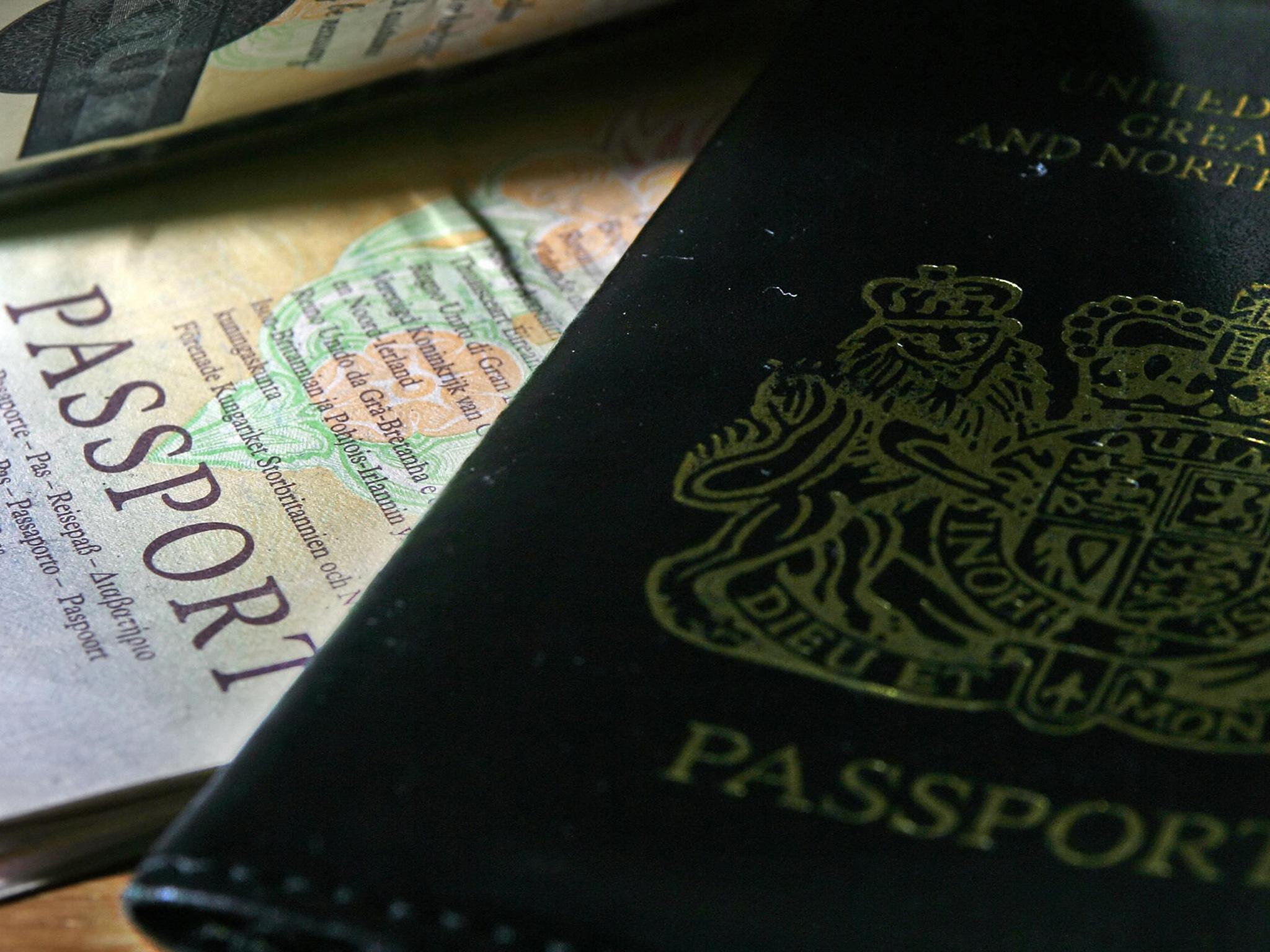Scale of British rush for freedom-of-movement passports revealed
Enquiries about Hungarian citizenship are up more than 20-fold while Sweden and the Netherlands say inquiries have stabilised since July

Your support helps us to tell the story
From reproductive rights to climate change to Big Tech, The Independent is on the ground when the story is developing. Whether it's investigating the financials of Elon Musk's pro-Trump PAC or producing our latest documentary, 'The A Word', which shines a light on the American women fighting for reproductive rights, we know how important it is to parse out the facts from the messaging.
At such a critical moment in US history, we need reporters on the ground. Your donation allows us to keep sending journalists to speak to both sides of the story.
The Independent is trusted by Americans across the entire political spectrum. And unlike many other quality news outlets, we choose not to lock Americans out of our reporting and analysis with paywalls. We believe quality journalism should be available to everyone, paid for by those who can afford it.
Your support makes all the difference.Britons are hurrying to ensure their access to the European Union remains intact.
In the two months since UK voters chose to quit the bloc, 16 embassies and high commissions in London, contacted by Bloomberg News, reported increases in either applications for passports or questions about residency.
The stronger demand suggests eligible UK residents are eager to safeguard their rights to work and travel in the EU amid uncertainty over what status they will have after Brexit.
“We have noticed a steep surge of both inquiries and applications,” Johannes Dopsch, the attaché at the Austrian Embassy, said in an email. “In the first days after the referendum, phone and email inquiries have increased to more than 100 inquiries per day.”
Austria witnessed a near-doubling in applications for passports or identification cards in July over the same month in 2015. The Swedish Embassy’s weekly citizenship applications increased sevenfold around the time of the June 23 vote — peaking at 150 in the week itself — before the surge tailed off over the summer.
Poland’s Embassy usually receives an average of 100 citizenship applications a year, but got 111 in just the first half of 2016. Since the vote, it has received nearly 600 citizenship inquiries, a number that “usually corresponded with the number of formal applications,” it said in an emailed statement.
The Dutch Embassy’s consular department received 10 times the usual number of inquiries in the first month after the vote, though requests have since stabilised to around twice the usual volume. Ireland, the country most connected to the UK, said in August that it had received a 17 per cent increase in citizenship applications.
Finland’s Embassy said it had seen about 100 more passport applications than in previous summers, and the German Embassy’s website warned of longer waiting times due to “largely increased” volumes. The Portuguese Embassy said there had been a sustained rise in the number of inquiries about acquiring Portuguese nationality, though no increase in actual requests.
Czech, Croatian and Greek officials also confirmed higher interest, as did those from Slovenia, Slovakia and Latvia. Several eastern EU states said interest climbed from almost nothing, with many basing claims on their ancestry.
The Hungarian Consulate estimated it received 220 citizenship-related inquiries from Britons since June 23, up from fewer than 10 in the first half of the year. Estonia said it had seen a “notable” increase in residency requests and Lithuania reported a rise in applications to 34 since June 23, from a typical average of one or two per month.
Bulgaria said it has been contacted by 30 Britons interested in citizenship, up from negligible interest. “We usually don’t receive such kind of requests from UK citizens, so this trend has started after the referendum,” said Second Secretary Tsvetin Spasov.
Meghan Benton, a senior policy analyst at the Migration Policy Institute in Washington, said there were likely two kinds of applicants, the first being people who regularly use freedom of movement because of family and work.
“The second group is the interesting group; they’re the people who want the richness of EU citizenship, people who may have never activated their freedom of movement,” she said by phone. “They probably feel cheated, not wanting to lose their rights.”
Bloomberg
Join our commenting forum
Join thought-provoking conversations, follow other Independent readers and see their replies
Comments